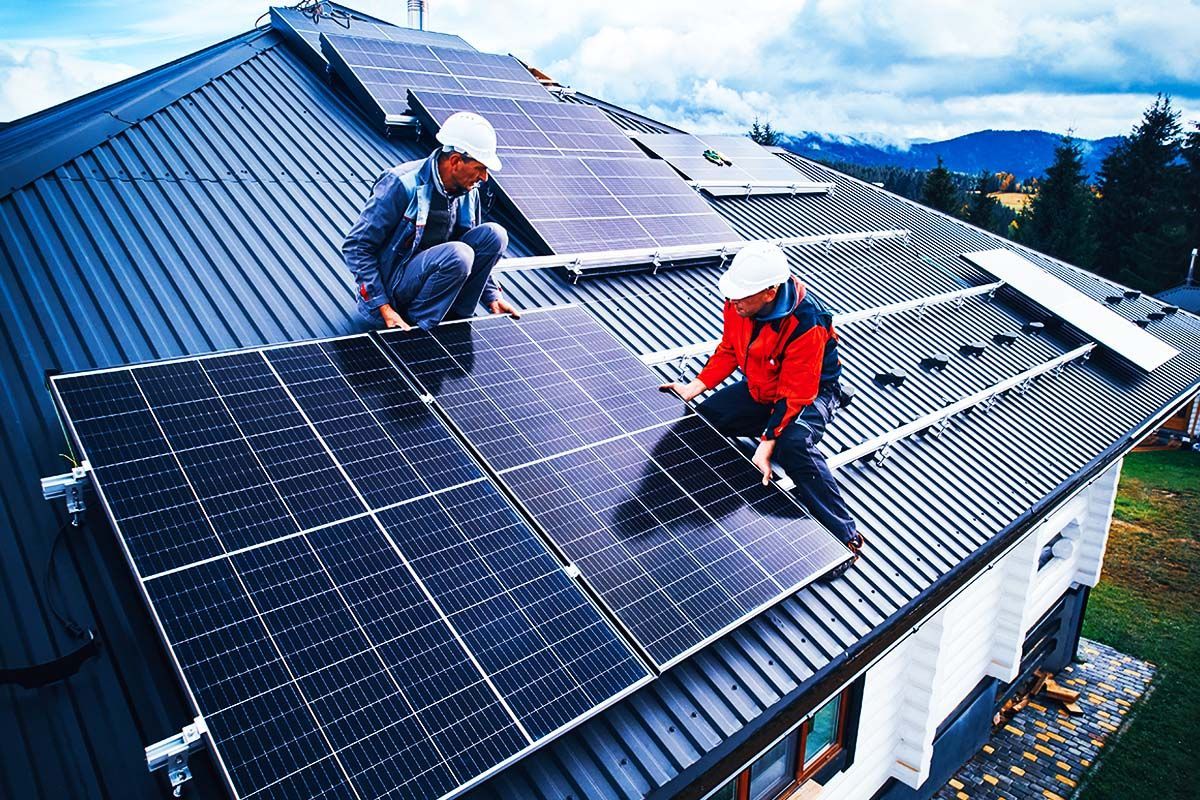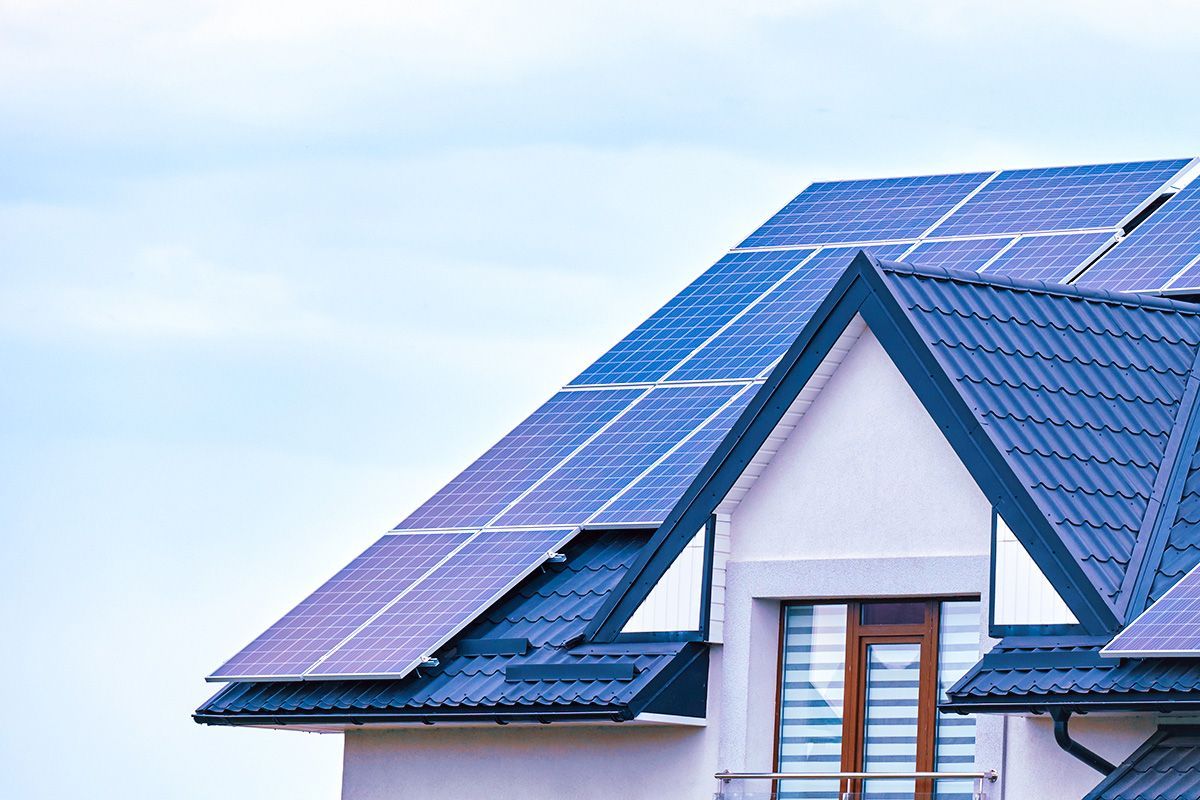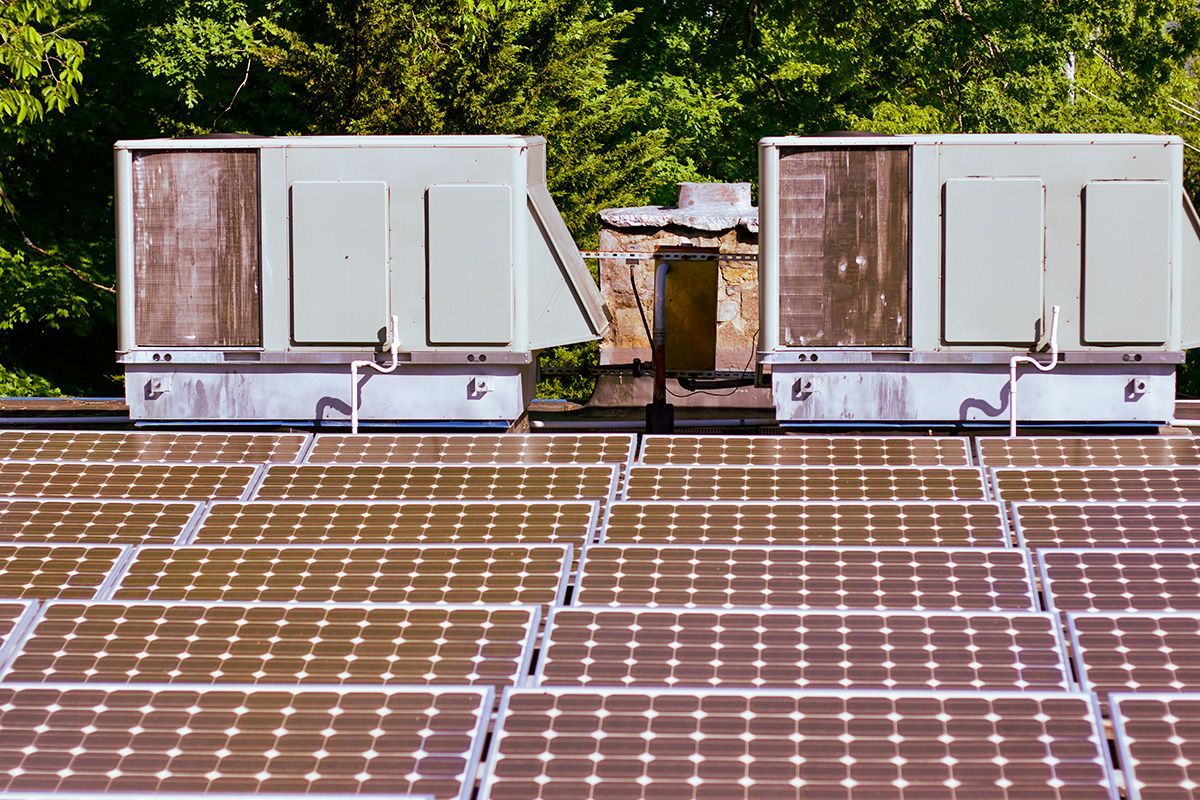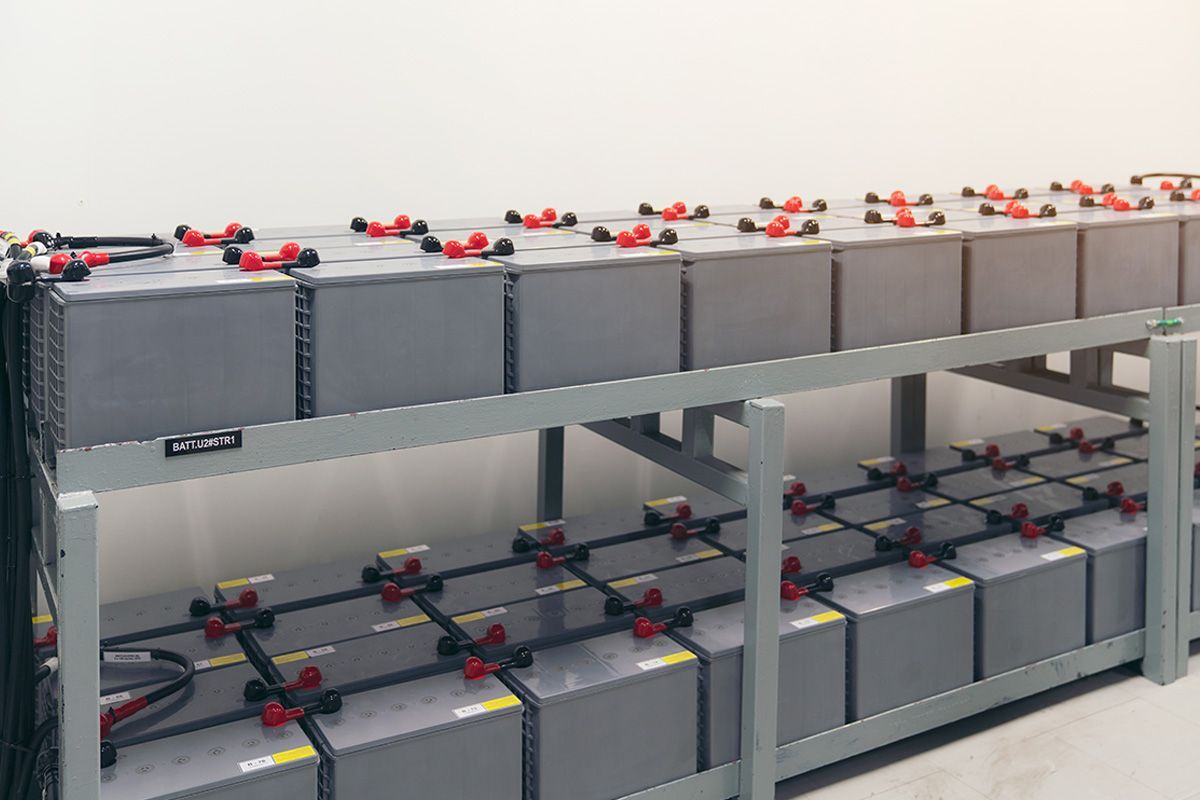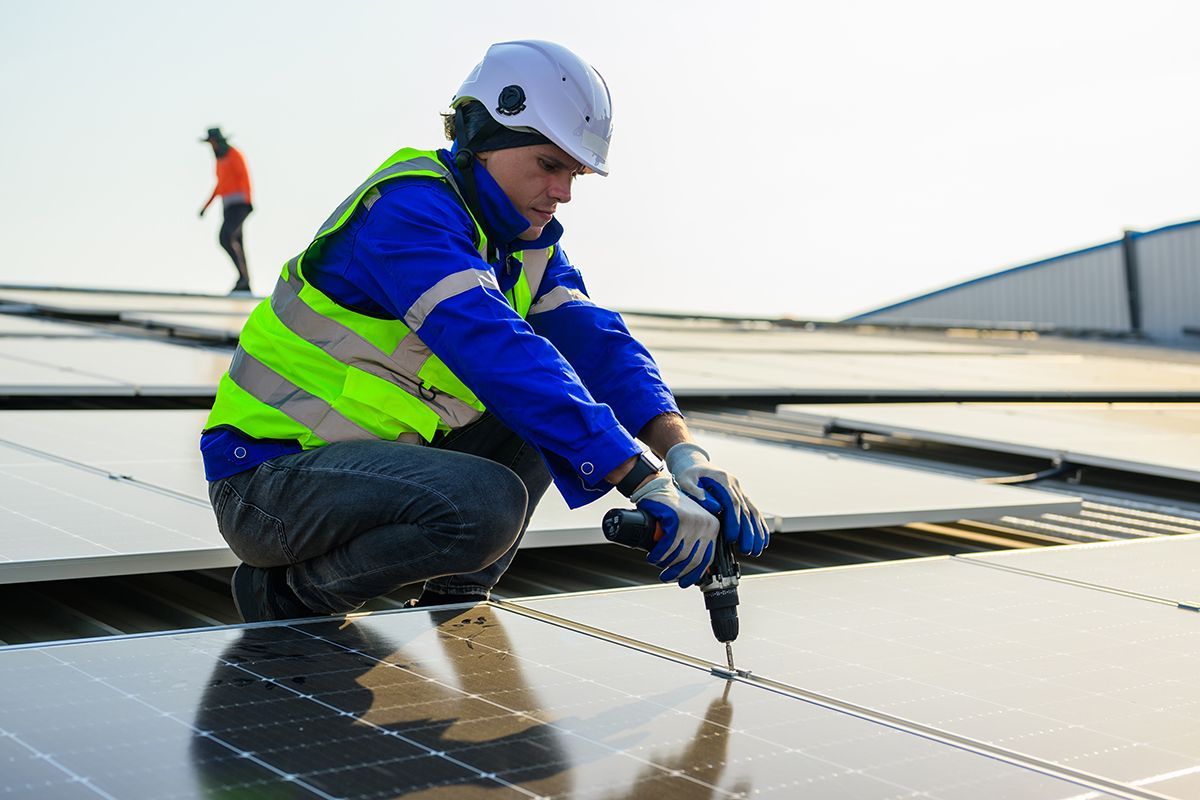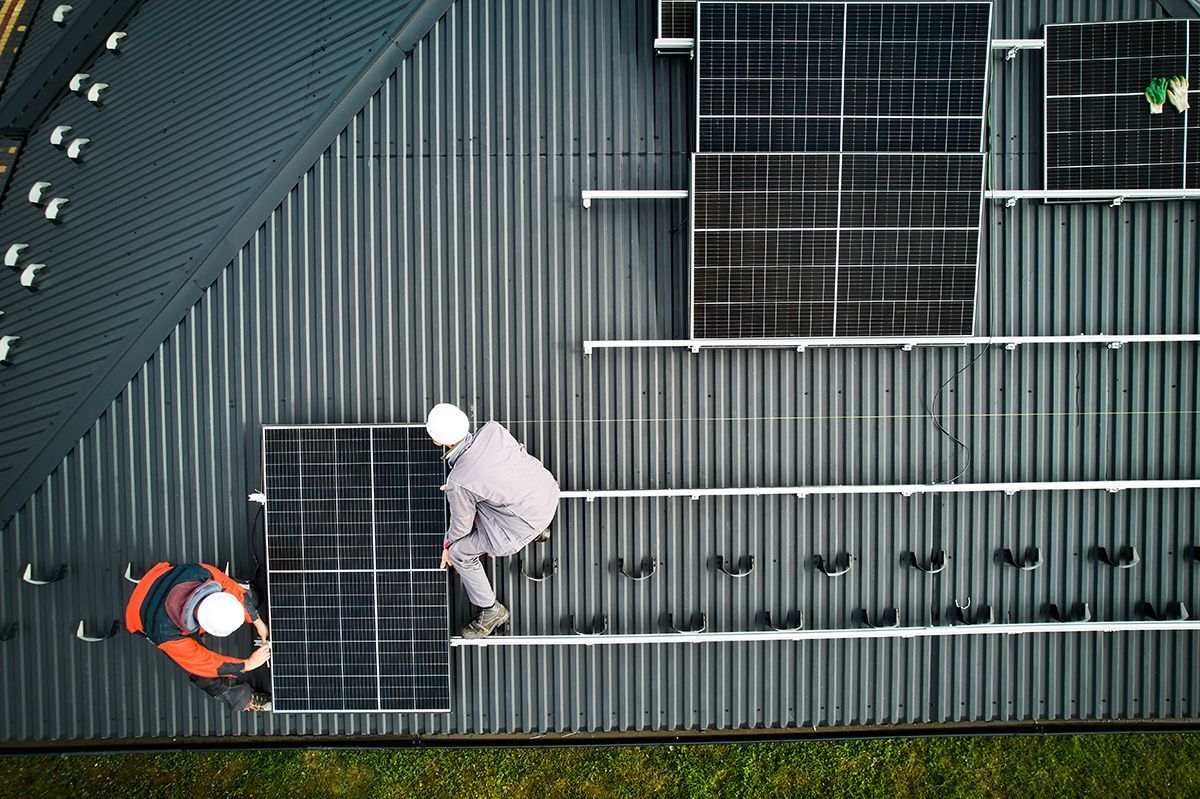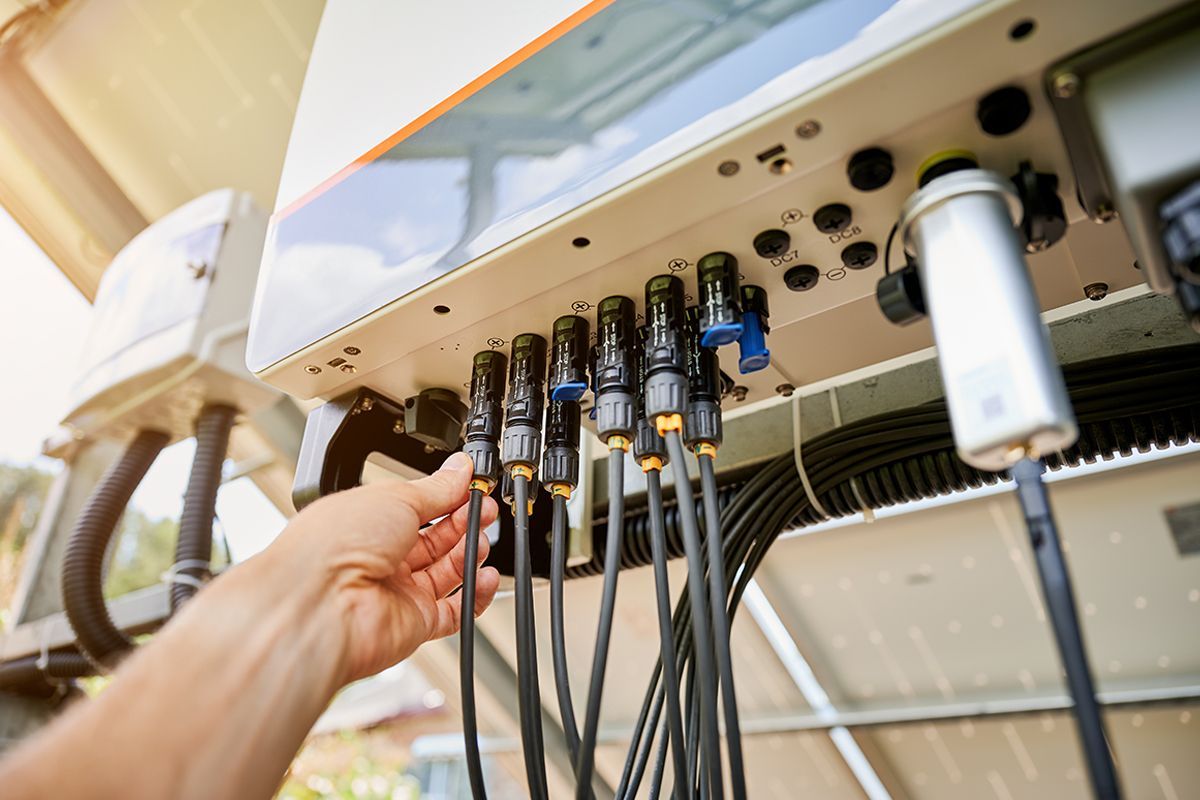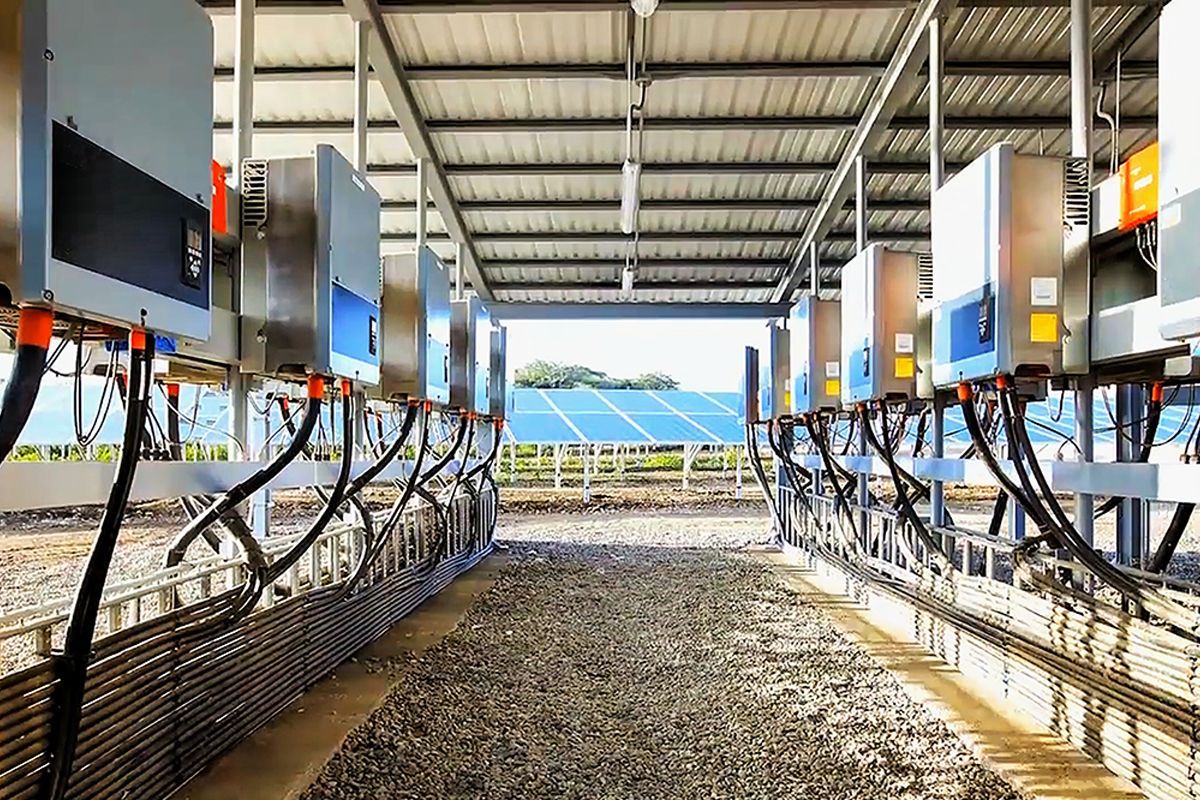A Comprehensive Guide to Residential Solar Installation
Are you considering making the switch to solar energy for your home? Investing in a residential solar installation can not only help you reduce your carbon footprint but also save money on your energy bills in the long run. However, the process of installing solar panels may seem overwhelming if you're not familiar with the steps involved.
Don't worry, we've got you covered! We will walk you through everything you need to know about residential solar installation, from assessing your solar potential to the final system testing. So let's dive in and discover the world of solar power!
Assessing Your Solar Potential
Before installing solar panels, it's essential to assess your property's solar potential. This step involves evaluating various factors that can impact the efficiency and effectiveness of your solar panel system. Let's take a closer look at each of these factors:
Check for Shading
One of the first things to consider is shading. Identify any obstructions such as trees or nearby buildings that may cast shadows on your roof during peak sunlight hours. Shading can significantly reduce the performance of your solar panels, so it's important to minimise its impact.
Evaluate Roof Suitability
Next, evaluate the suitability of your roof for solar panel installation. Ideally, your roof should face south (in the Northern Hemisphere) or north (in the Southern Hemisphere) to maximise sun exposure. Additionally, consider the condition and angle of your roof to ensure it can support the weight of the solar panels.
Calculate Available Space
Determine the amount of roof space available for installing solar panels. Factors such as roof size, slope, and potential obstructions should be taken into account. The more space you have, the more solar panels you can install, resulting in higher energy production.
Review Local Regulations
Research local building codes, permits, and regulations related to solar panel installations. It's crucial to ensure compliance with all applicable requirements to avoid any legal issues or delays in the installation process. Consult with your local municipality or relevant governing body for specific guidelines.
Designing Your Solar Panel System
Once you have assessed your solar potential, it's time to design a solar panel system that meets your energy needs and budget. The design process involves several important considerations:
Determining Energy Needs
Before selecting a solar panel system, you need to determine your energy needs. Analyse your electricity consumption patterns by reviewing past utility bills or using an online energy calculator. This information will help you determine the size of the solar panel system required to meet your energy demands.
Selecting Solar Panels and Components
Research and select the right solar panels and components for your system. Consider factors such as efficiency, durability, warranty, and cost. There are various types of solar panels available, including monocrystalline, polycrystalline, and thin-film. Choose the type that best suits your needs and budget.
Creating a System Layout
Develop a detailed system layout that specifies the placement of solar panels, wiring, and other components. Optimise the layout to maximise sunlight exposure and minimise shading. Consider the orientation and tilt angle of the panels for maximum energy production. Ensure that the system layout is practical and aesthetically pleasing.
Obtaining Permits and Approvals
Before beginning the installation process, you will need to obtain permits and approvals from local authorities. The requirements vary depending on your location. Work with your solar installer to prepare all the necessary documentation, including system plans, structural calculations, and electrical diagrams. Submit these documents to the relevant authorities for review and approval.
Installing Solar Panels
Now that you have designed your solar panel system and obtained the necessary permits, it's time to move on to the installation process. Here's a step-by-step guide to help you through the installation:
Mounting System Installation
Start by installing the racking or mounting system on your roof. This system provides the structural support for your solar panels. Ensure that it is securely attached and properly aligned. The mounting system should be designed to withstand various weather conditions and protect your solar panels.
Electrical Connections
Next, connect the solar panels to the mounting system and wire them according to your system design. This involves routing the DC (direct current) electricity generated by the panels to a central location. Use appropriate wiring and connectors to ensure a safe and reliable connection. Your solar installer will follow industry best practices to ensure that the wiring is done correctly.
Inverter Installation
Install the solar inverter near your main electrical panel. The inverter converts the DC electricity generated by the solar panels into AC (alternating current) electricity that can be used to power your home. There are different types of inverters available, including string inverters, microinverters, and power optimizers. Choose the type that best fits your system design and energy needs.
Electrical Wiring
Connect the inverter to your electrical panel, ensuring that all connections are properly grounded and compliant with electrical codes. This step requires careful attention to detail, as any mistakes in the wiring can affect the performance and safety of your solar panel system. Your solar installer will follow the necessary safety protocols to ensure a successful electrical connection.
Safety Precautions
Throughout the installation process, it's important to prioritize safety. Make sure to follow all safety guidelines and use proper personal protective equipment. Working with electricity can be dangerous, so it's crucial to take appropriate safety measures. Your solar installer will be trained and experienced in handling these safety precautions.
System Testing and Commissioning
After completing the installation, it's essential to test and commission your solar panel system to ensure its functionality and safety. Here are the key steps involved:
System Inspection
Conduct a thorough inspection of the entire solar panel system to check for any defects, loose connections, or potential issues. This inspection should cover all components, including the solar panels, inverters, wiring, and mounting system. Any problems identified should be addressed promptly to ensure optimal system performance.
Electrical Testing
Measure the voltage, current, and power output of your solar panel system at various points. This testing helps verify that the system is generating electricity as expected and that all components are functioning properly. Your solar installer will use specialised testing equipment to perform these measurements accurately.
Grid Connection (if applicable)
If you are connecting your solar panel system to the electrical grid, you will need to coordinate with your utility company to finalise the interconnection process. This involves installing a bi-directional metre that measures the electricity you consume and the excess electricity you feed back into the grid. Your solar installer will guide you through this process and ensure compliance with utility requirements.
Monitoring System Performance
Set up a monitoring system to track the energy production and performance of your solar panel system over time. This allows you to monitor the amount of electricity generated, track your energy savings, and identify any potential issues. Many solar panel systems come with built-in monitoring capabilities, or you can opt for third-party monitoring solutions.
The Importance of Consulting with Experts
While it may be tempting to attempt a DIY solar panel installation, it's crucial to seek advice and guidance from experts in the field. Here's why consulting with professionals is essential:
Expertise and Experience
Solar panel installation requires technical knowledge and skills. Certified solar professionals have the necessary expertise and experience to design and install a solar panel system that meets your specific requirements. They understand the nuances of different system components, local regulations, and best practices. By engaging with experts, you can benefit from their knowledge and ensure a successful installation.
System Design and Optimization
Solar experts can help you design a system that maximises energy production and aligns with your energy goals. They consider factors such as roof orientation, shading analysis, available space, and energy needs to develop an optimal system design. Professionals can recommend the most suitable solar panel technology, inverter options, and other components based on their industry insights and product knowledge.
Compliance with Regulations
Local regulations and building codes related to solar panel installations can vary significantly. Failure to comply with these regulations can result in costly fines or even system shutdowns. Solar experts stay updated with the latest codes and permitting requirements, ensuring that your installation meets all necessary standards. They can guide you through the permit application process and help you navigate any regulatory hurdles smoothly.
Safety and Quality Assurance
Working with electricity and installing solar panels involve inherent risks. Engaging with experts ensures that safety measures are in place throughout the installation process. Professionals are well-versed in industry safety standards and protocols, minimising potential accidents, electrical hazards, or system malfunctions. Moreover, experts can provide warranties and guarantees on the quality of workmanship, assuring you of a reliable and durable solar panel system.
Financial Considerations
Installing solar panels is a significant investment, and making informed financial decisions is essential. Solar professionals can help you understand the financial aspects of your installation, including available incentives, tax credits, and financing options. They can conduct a thorough cost-benefit analysis, considering factors such as system size, energy savings, payback periods, and return on investment (ROI). With their guidance, you can make informed decisions that align with your budget and long-term financial goals.
Long-Term Maintenance and Support
Solar panel systems require periodic maintenance and occasional repairs. Solar experts can provide valuable insights into system maintenance practices, such as cleaning, inspection, and performance monitoring. They can also address any concerns or issues that may arise during the system's lifespan. Building a relationship with a reputable solar company ensures ongoing support, minimising downtime, and maximising the system's efficiency
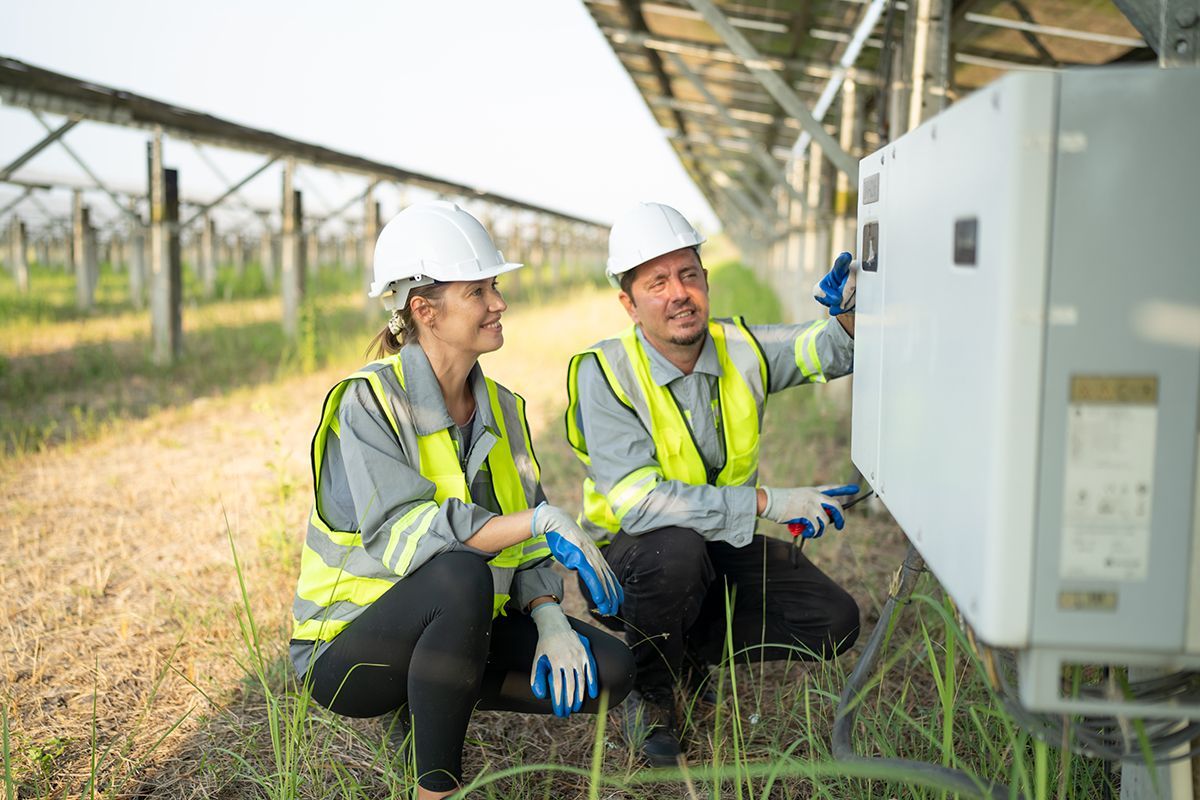
Get your obligation free quote today!
We're all about service, submit your details now and we'll get in touch asap.
All Rights Reserved | Solar Sumo | Privacy | Terms of Service | Affiliates
